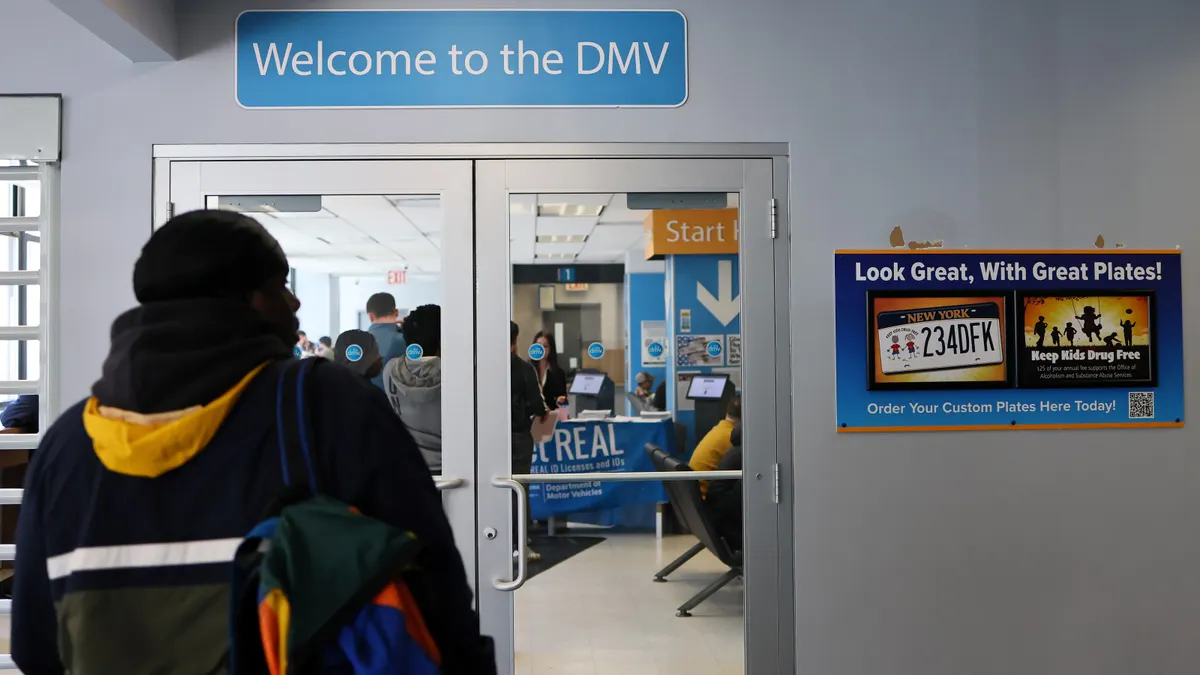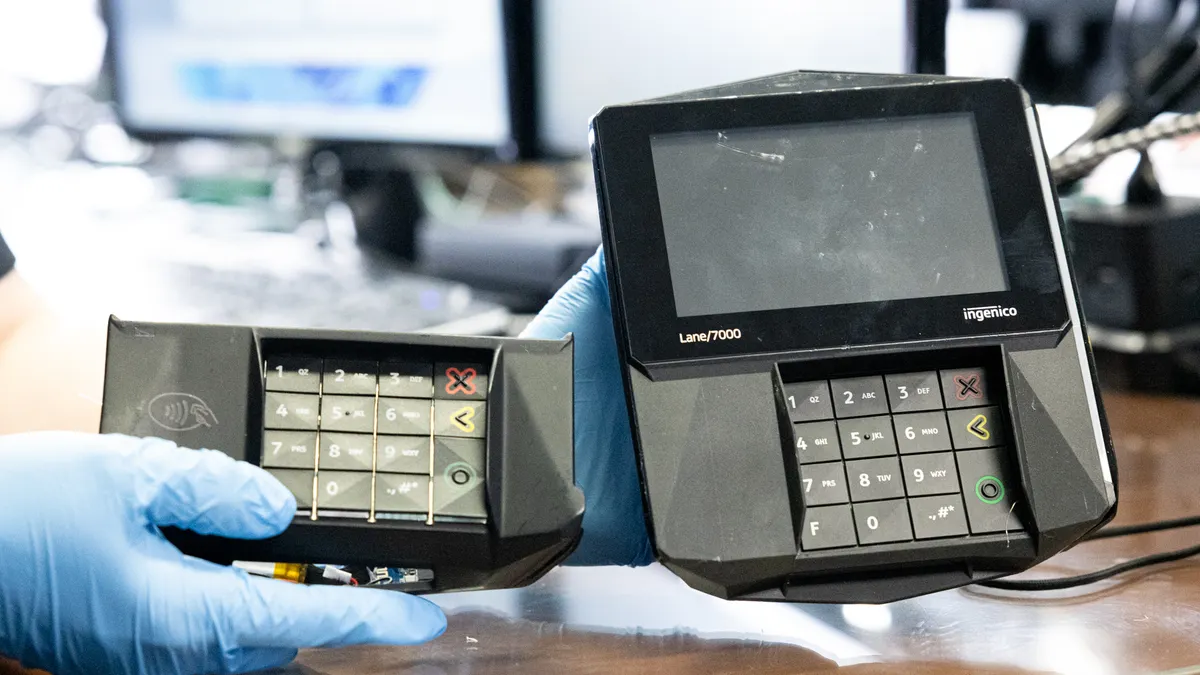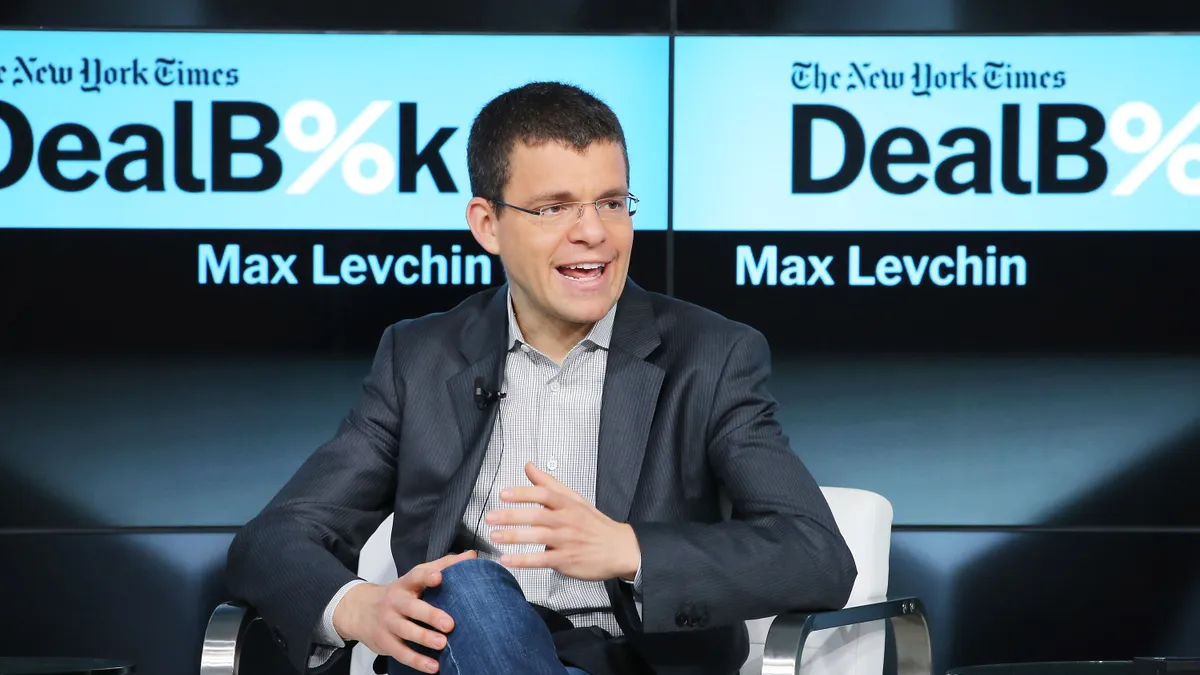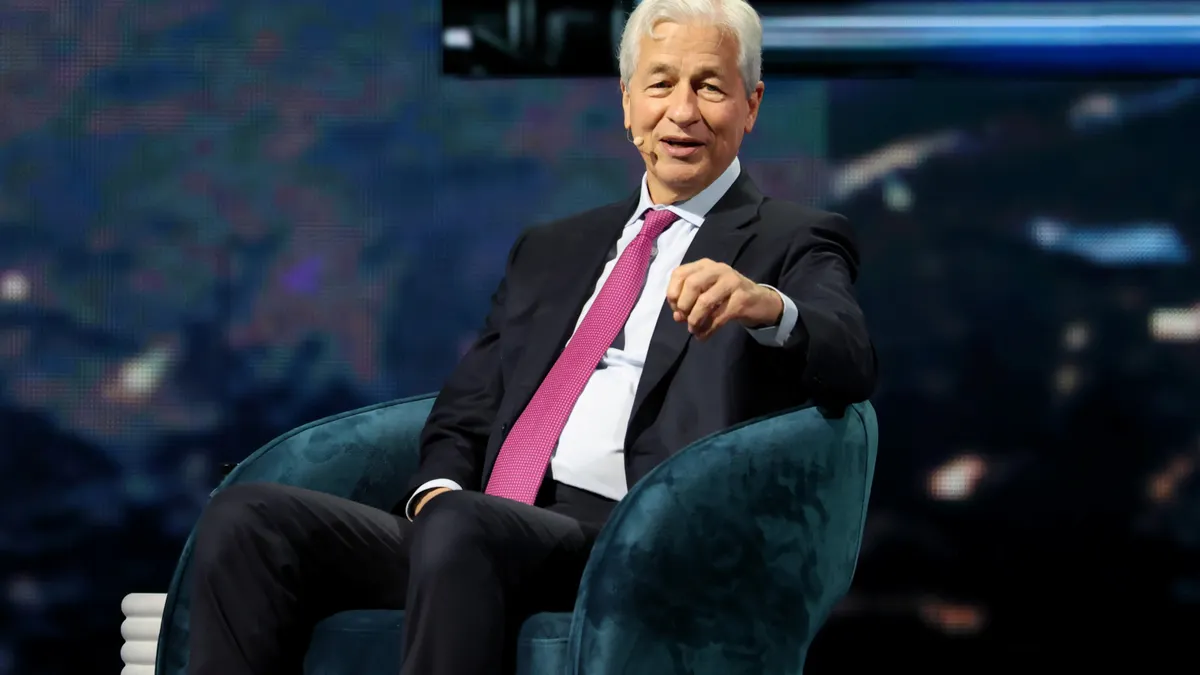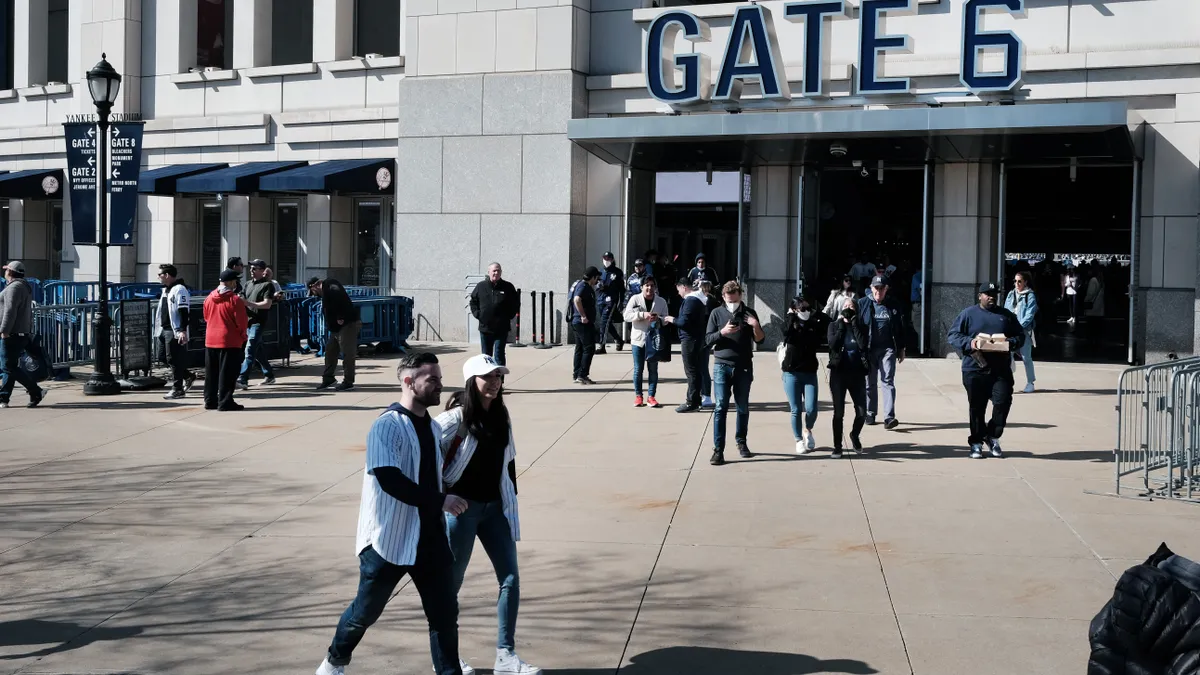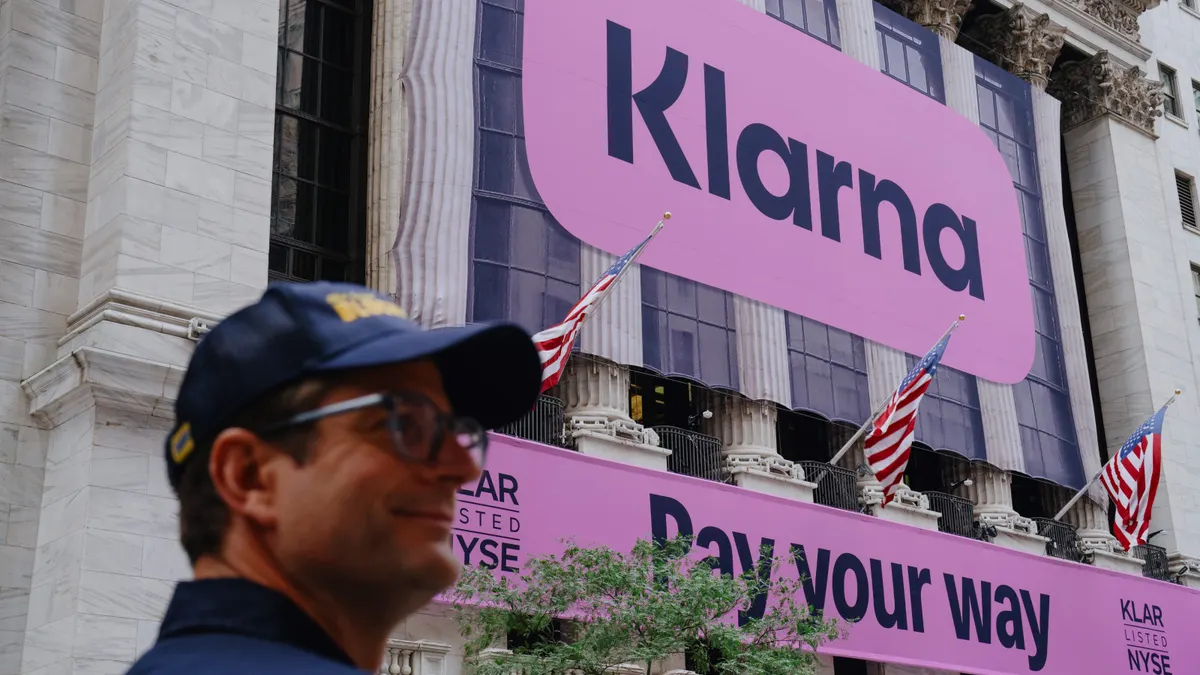Local governments are encouraging people to make utility and other payments online to avoid paper check processing, said executives for companies that specialize in government payments.
City, county and state government payment officials are interested in moving more customers toward online payment methods, including recurring ACH payments, Morgan Jines, Tyler Technologies’ vice president of payments, said in an Aug. 26 interview.
The company is one of the largest software and payments systems providers for governments, including cities, counties, states, as well as their operating units, such as jails and school districts.
Pushing payments online for bills such as water, gas and property taxes is “probably the most prevalent” billing effort for governments, she said. “Let's drive the payers to be self-sufficient, to manage their account, set up for auto pay,” Jines said of the rationale. “Let's minimize the operational inefficiency we have internally.”
In a survey of bill-payers, about two-thirds (65%) said they prefer to pay with their mobile device and nearly half (48%) said they’d opt to pay via a biller’s online portal, according to an annual report on online payments issued by InvoiceCloud. The report by the Boston-based payment company said the annual survey done by Regina Corso Consulting was based on a poll last August of 2,042 adults in the U.S. Only 4% said they prefer to pay via check.
“For governments, that translates to growing adoption in areas like utilities, while categories like tax payments still have significant room to digitize,” Clark Pierce, InvoiceCloud’s vice president of business development, said Aug. 27 in an emailed statement.
Other companies that focus on government payments include Charlotte-based Paymentus and PayIt, a payments platform based in Kansas City, Missouri.
At the federal level, the Trump administration is attempting to phase out its use of paper checks by month’s end, in line with an executive order issued in March. Mailed checks represent a major source for fraud and theft, along with insufficient fund hassles for bill collectors.
For bill payments, use of paper checks is likely to dwindle over the coming years as U.S. demographics change, but they’ll never disappear fully, Jines predicted. Check use is also correlated with the type of payment and by “ticket sizes where there’s more risk involved,” she said.
“If it's a very high ticket amount, that’s where we see checks to be more prevalent,” she said.
Some of the costs that accompany card payments, such as fees from card networks and acquirers, can complicate efforts to move more payments online.
In the InvoiceCloud survey, “additional fees” for online or mobile payments was the top reason bill payers avoided online payments, cited by 38%. Another 17% avoided paying online if online payment options were limited or inconvenient.
“That’s why debit remains the most common online tender, and why offering lower-cost rails like ACH alongside cards matters,” Pierce wrote, citing acquirer and card network costs.
Visa and Mastercard offer rate programs for utilities with costs specific to government entities, Jines said. “We’re able to apply (utility rates) just because the type of business is very low risk that we are involved in,” she said. “Some do choose to absorb the (interchange) cost because they know we have certain utility rates with Visa and Mastercard.”
Specific Visa and Mastercard merchant category codes apply for utilities’ gas, water, electric and sanitation, often as a fee per charge, not a percentage of the billed amount.
About half of local governments cover credit and debit card costs to encourage online payments, but half pass them to consumers, she said. Tyler, based in Plano, Texas, has about 13,000 government customers including Los Angeles County, its biggest.
“It’s a cost of convenience, right?” Jines said of people becoming more willing to accept extra costs with card payments. “They’re able to have a lot of self service, they’re able to manage their account and things, but the payer ultimately pays for those fees associated with credit cards. That's one option. The other is ACH. ACH is incredibly inexpensive.”
The growth of digital wallet payments has also been pronounced, especially among younger demographics, Jines said. In the annual InvoiceCloud report, mobile wallet use was cited by 10% of bill-payers as their preferred payment method, surpassing ACH payments (7%) for the first time, the company said.
“Some of it is demographic driven, where we expect certain demographics to pay with Apple Pay or digital wallets,” Jines said. “That’s what they're going to do, regardless of the cost.”
Digital adoption is driven by “convenience, transparency, and flexibility,” Pierce said in his email. “When governments provide a wide range of trusted payment options and keep the experience as seamless as possible, adoption follows and the shift away from paper accelerates.”


